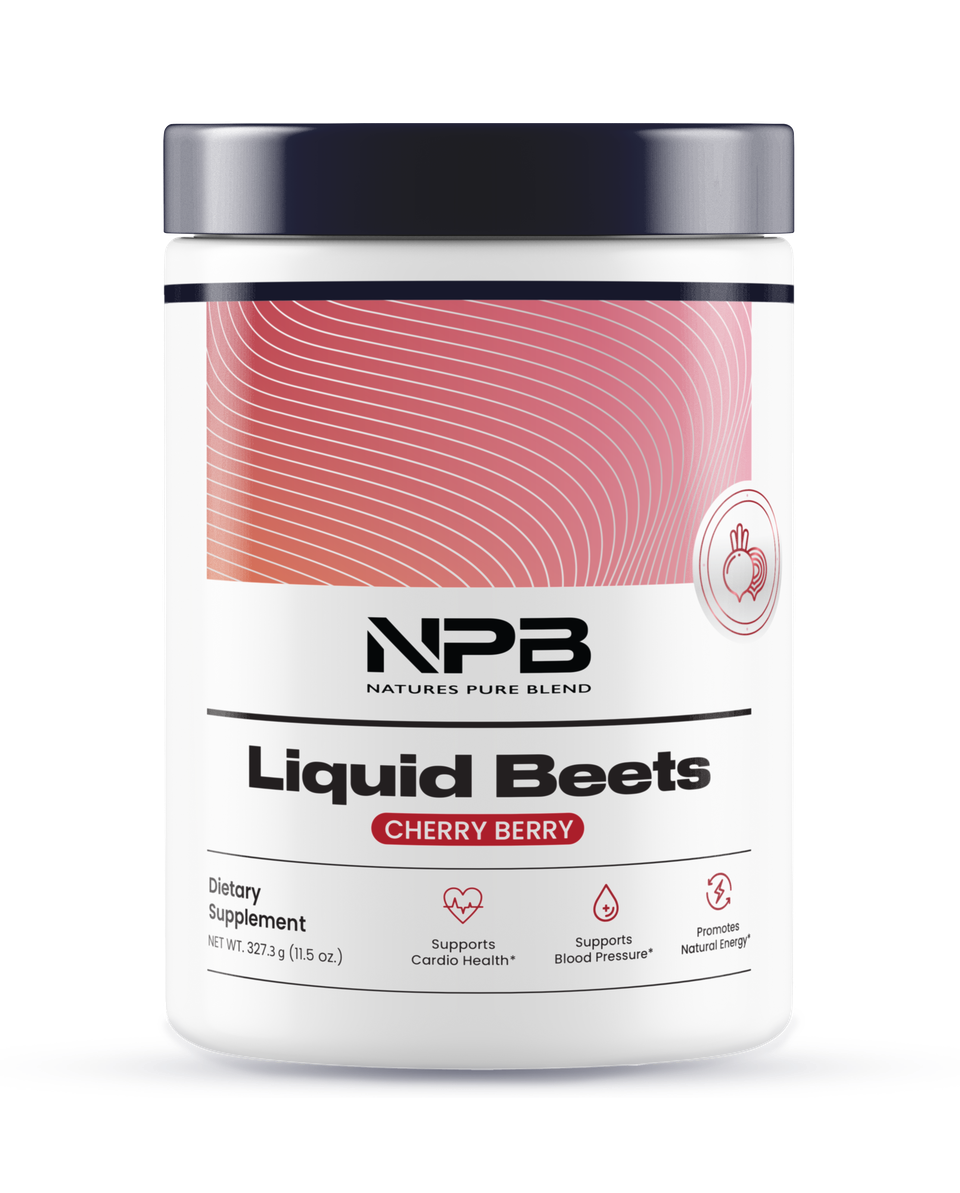Free Shipping On All Orders $99+
How Does High Blood Pressure Affect Your Heart?
High blood pressure, also known as hypertension, is a common health condition that affects millions of people worldwide. While it may seem like a minor issue, high blood pressure can have serious implications for your health, particularly your heart.
Your heart is responsible for pumping blood throughout your body, delivering oxygen and nutrients to your organs and tissues. When you have high blood pressure, it means that the force of blood against your artery walls is consistently too high. This puts added stress on your heart, causing it to work harder than it needs to in order to circulate blood.
Over time, this added stress can lead to a number of problems, including:
Thickened heart muscle: When your heart has to work harder to pump blood, the muscle walls become thicker, which can make it more difficult for the heart to contract and relax. This can lead to a condition called left ventricular hypertrophy, which increases the risk of heart failure.1
Narrowed arteries: The increased pressure in your arteries can cause them to narrow or become damaged, which can reduce blood flow to your heart. This can cause chest pain or angina, and in severe cases, can lead to a heart attack.2
Increased risk of heart disease: High blood pressure is a major risk factor for heart disease, which is the leading cause of death worldwide. Over time, high blood pressure can damage your arteries, making it easier for plaque to build up and block blood flow. This can lead to a variety of cardiovascular problems, including heart attack, stroke, and peripheral artery disease.3
Aneurysm: High blood pressure can weaken the walls of your arteries, which can lead to the formation of an aneurysm. An aneurysm is a bulge in the wall of an artery that can burst, causing internal bleeding and potentially life-threatening complications.4
-
Kidney damage: High blood pressure can also damage your kidneys, which are responsible for filtering waste from your blood. When your kidneys are damaged, they may not be able to perform their function properly, leading to kidney failure and other serious health problems.5
In summary, high blood pressure can have a significant impact on your heart and overall health. It's important to monitor your blood pressure regularly, make healthy lifestyle choices, and work with your healthcare provider to manage your condition and reduce your risk of complications.
Boost Circulation & Support Normal Blood Pressure*
Join Our Community Of Health Lovers & Get Special Deals
Receive study-backed health tips, exclusive email deals, and more.
†Disclaimer: These statements have not been evaluated by the Food and Drug Administration. These products are not intended to diagnose, treat, cure or prevent any disease. Product results may vary from person to person.




